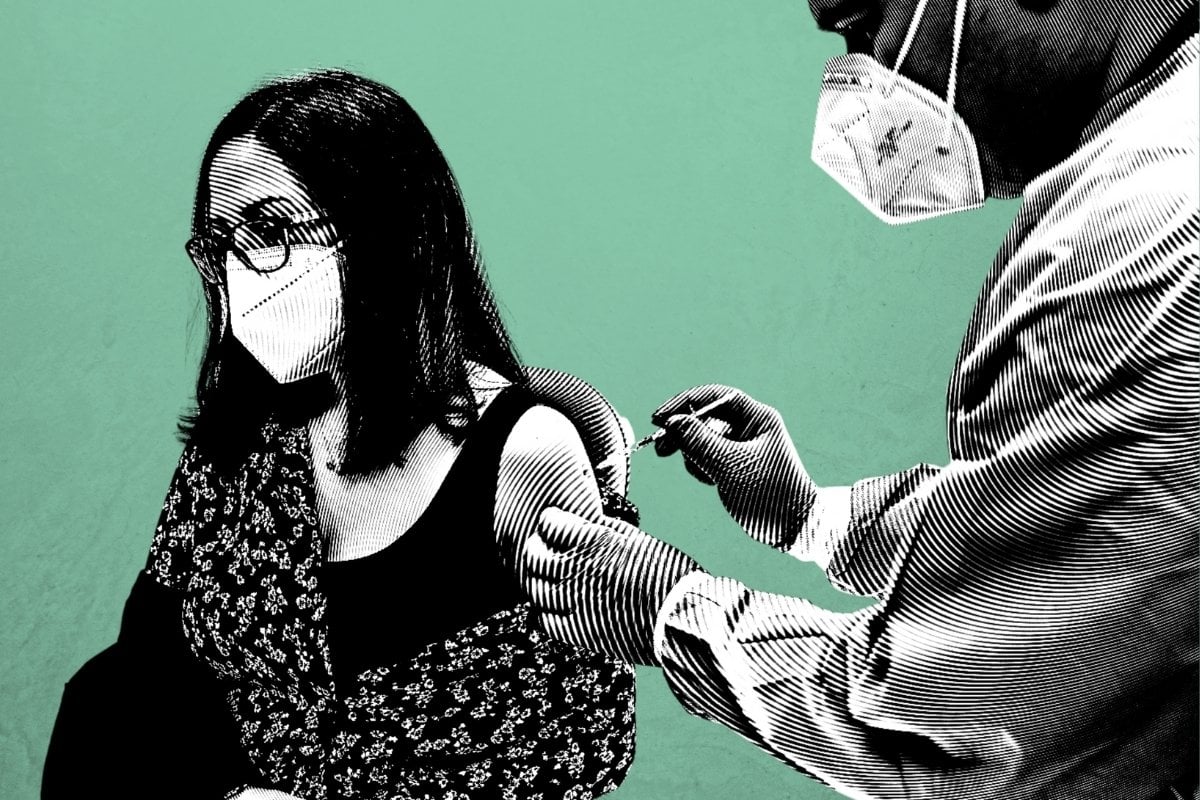
Australia is preparing to embark on one of the largest logistical exercises in the country's history: the rollout of the COVID-19 vaccine program.
The Government has its sights set on all eligible people being offered the vaccine by the end of October 2021, through a rollout via more than 1000 distribution sites including hospital hubs, GPs, state-run clinics and, in the broad stages, some approved pharmacies.
The plan will include asylum seekers, people in immigration detention and on bridging visas, and a portion of doses will be set aside for some of our Pacific neighbours.
Which vaccines will we get?
The Australian program will begin with the Pfizer/BioNTech-developed vaccine, of which Australia has secured 20 million doses.
That vaccine requires two jabs at least 21 days apart, and it has 94.5 per cent efficacy rate (by comparison, the flu jab was between 40-60 per cent effective in 2019).
It is the first vaccine to have been approved for use in Australia by the Therapeutic Goods Administration — the regulatory body that signs off on the safety and effectiveness of medicines.
"Unlike other jurisdictions, this was a formal approval, not an emergency one," Prime Minister Scott Morrison told the media last week. "We are one of only a handful of countries to have gone through such a comprehensive and thorough level of oversight to ensure the vaccines are safe."
Listen: Mamamia's daily news podcast, The Quicky, chats to experts about what you need to know before you get the COVID-19 jab.
